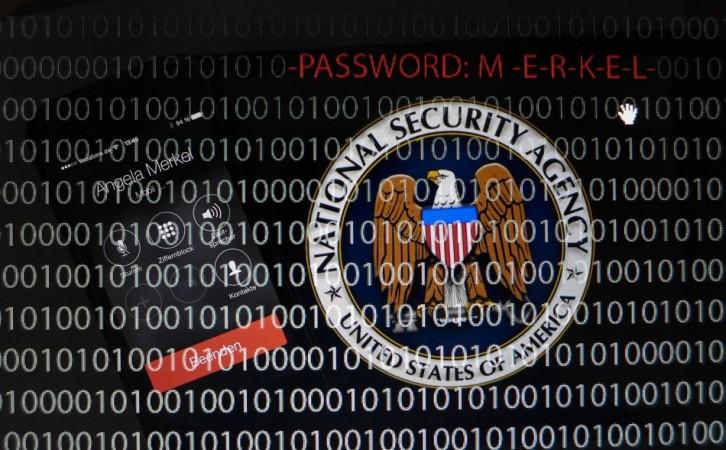
A review board established by the White House to investigate the National Security Agency's controversial surveillance, has recommended a complete end to storage of phone records of US citizens and to maintain strict standards while spying on foreign leaders.
The review board made 46 recommendations in a 308-page report released by the White House on Wednesday afternoon. President Barack Obama had ordered the review, in the wake of the sensational revelations made by Whistle-blower Edward Snowden that a bulk of telephone records were kept by NSA, a move that has widely been criticized as an infringement into privacy.
The White House in August had asked the five-member panel for suggestions to mark an overhaul in the US intelligence gathering. While the review will still undergo an internal review and won't be decided as a binding position of the government, the White House decided to release the Group's report.
"Under section 205 of the Foreign Intelligence Surveillance Act (FISA), the government now stores bulk telephony metadata, understood as information that includes the telephone numbers that both originate and receive calls, time of call, and date of call," the Review Report read.
"We recommend that Congress should end such storage and transition to a system in which such metadata is held privately for the government to query when necessary for national security purposes."
The review also expressed its concerns regarding surveillance of Non-US citizens and recommended that surveillance of such person "must be authorized by duly enacted laws or properly authorized executive orders".
Here are few of the most significant recommendations made by the board:
1. The NSA must end keeping huge phone records database (metadata) and cease keeping tabs of nearly every phone call in the USA.
2. While spying on foreign leaders, stringent standards should be met
3. The NSA must never ask companies to insert "back-doors" into their software so that it has access to its database.
4. An advocate should be named to represent civil liberties and privacy interests
5. The next director of the NSA must be a civilian.
6. The NSA and the U.S. military's Cyber Command must split in leadership
7. The intelligence community must regularly report to Congress and the American citizens on the metadata collected and recorded.






!['He is done with the team now' : Angry Virat Kohli slams the bat, kicks the ground, yells at RCB team as SRH smashes runs [reactions]](https://data1.ibtimes.co.in/en/full/796956/he-done-team-now-angry-virat-kohli-slams-bat-kicks-ground-yells-rcb-team-srh-smashes.jpg?w=220&h=138)






